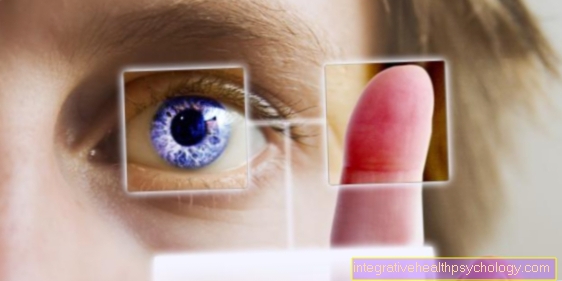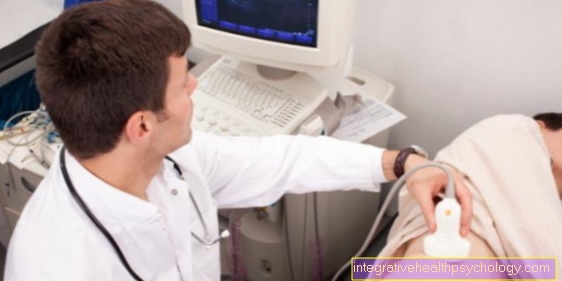Optician
Opticians / opticians
Opticians receive their customers in the sales room and determine the customers' wishes and needs, which they can resolve. Eye tests are also part of their work, with which they can determine the type and degree of ametropia. Opticians advise customers on the choice of frames and lenses, which they then grind and insert precisely into the frame.
Opticians are also the point of contact for their customers when it comes to the initial fitting of contact lenses and help them learn how to insert and remove lenses and how to care for them properly.
Should repairs to the glasses be necessary, they will be carried out by the optician, and complaints about glasses that have been sold must be received and processed in a friendly manner.
Other optical devices such as binoculars can also be purchased from opticians, and these goods are presented in salesrooms and shop windows.
In addition to advising and examining activities, opticians also carry out accounting tasks and coordinate orders, calculate prices and plan work processes as well as daily correspondence with customers and manufacturers of glasses, lenses, spectacle frames, etc.

Customized version
Nowadays, glasses are no longer just visual aids, but serve as a fashion accessory and the large number of glasses frames makes the selection of glasses that fit the customer sometimes very tedious. The glasses should match the style and lifestyle of the customer, so that not only the shape, material and color of the frame are important, but also the material and cut of the glasses used.
These can be anti-reflective so that no light reflections interfere with vision and conversation partners can look directly into the eyes of the glasses wearer without reflections on the glasses.
In addition, the lenses can be tinted or coated so that the lenses can also be adapted to the customer's possible sensitivity to light.
Together with the new glasses, the customer usually also receives a glasses pass from the optician, which contains all the important information about the new visual aid.
Read more about this under: Glasses pass
With varifocals there are different strengths within a lensso that the customer can read with the lower part and look into the distance with the upper part. This is just for presbyopic Nearsighted comfortable, but you have to get used to it at the beginning, as there is an unfamiliar change of view when going down stairs and doing similar activitiesFor every purpose, whether for sun protection or sports, opticians know the right visual aid.
In the optics shop they are there for the needs and wishes of the customers and advise until the customer is satisfied with the goods. Opticians also need one Knowledge of current trends and fashions, of the Advantages and disadvantages of different lens materials, such as new developments and research results. Continuous further training is absolutely necessary here. The optician usually determines the exact values for glasses and contact lenses after the ophthalmologist has measured guide values and examined the eye for diseases. In order to make glasses perfectly suitable for the customer, they often have to be bent or otherwise adjusted a few times until finally the optimal visual and wearing comfort is achieved.Also the Handling of contact lenses needs to be practiced and the optician is there to advise the customer. In addition to glasses and contact lenses, you can also buy glasses and contact lenses in the optician's shop Buy cleaning products for glasses and lenses, as well as glasses cases.
Salary optician
Training salary for an optician
- Year of training: 280-500 euros
- Year of training: 332-560 euros
- Year of training: 435-670 euros
Starting salary
1700 to 2000 Euro (Gross)





























